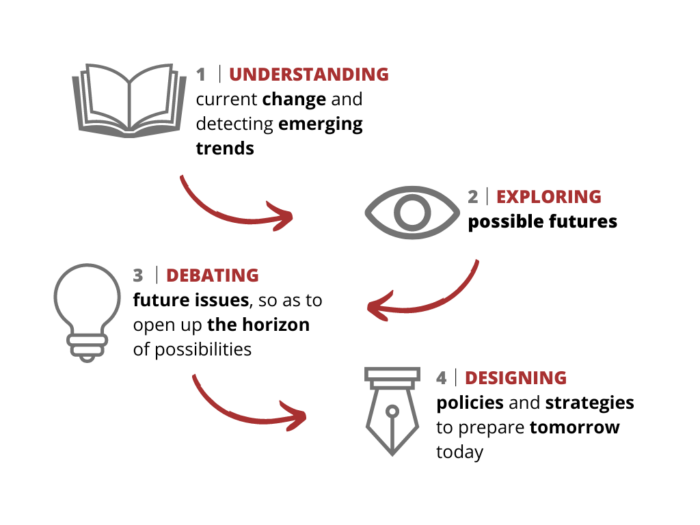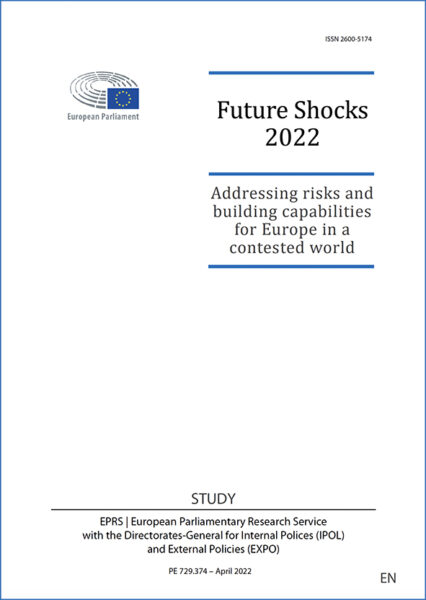For almost five years Europeans have been experiencing the consequences of a very severe and apparently interminable economic crisis. Although the member states of the European Union have not all been affected by this crisis with the same intensity, there has been a continuous round of summits and meetings at the highest level to attempt to find solutions to it, particularly where the eurozone is concerned. These have not borne fruit –and for good reason. As Jean-François Drevet shows here, the Union is having difficulty in breaking its deadlock: the institutions, as they have operated up to now, have revealed their limitations, and in many cases the states have not really put the European interest before their national interests.
Yet, as we have seen many times in these pages, no country seems able to lift itself out of this situation alone, and recovery –if there is to be recovery– will be possible only through the assertion, if not indeed the strengthening, of European solidarity. Economics and politics are connected here. The new European treaty on stability, coordination and governance within the economic and monetary Union is a step in the right direction. But it will be necessary to bolster this further, particularly in the eurozone countries, with a strengthening of common rules and hence a modicum of abandonment of sovereignty and a greater degree of representativeness for European institutions.


